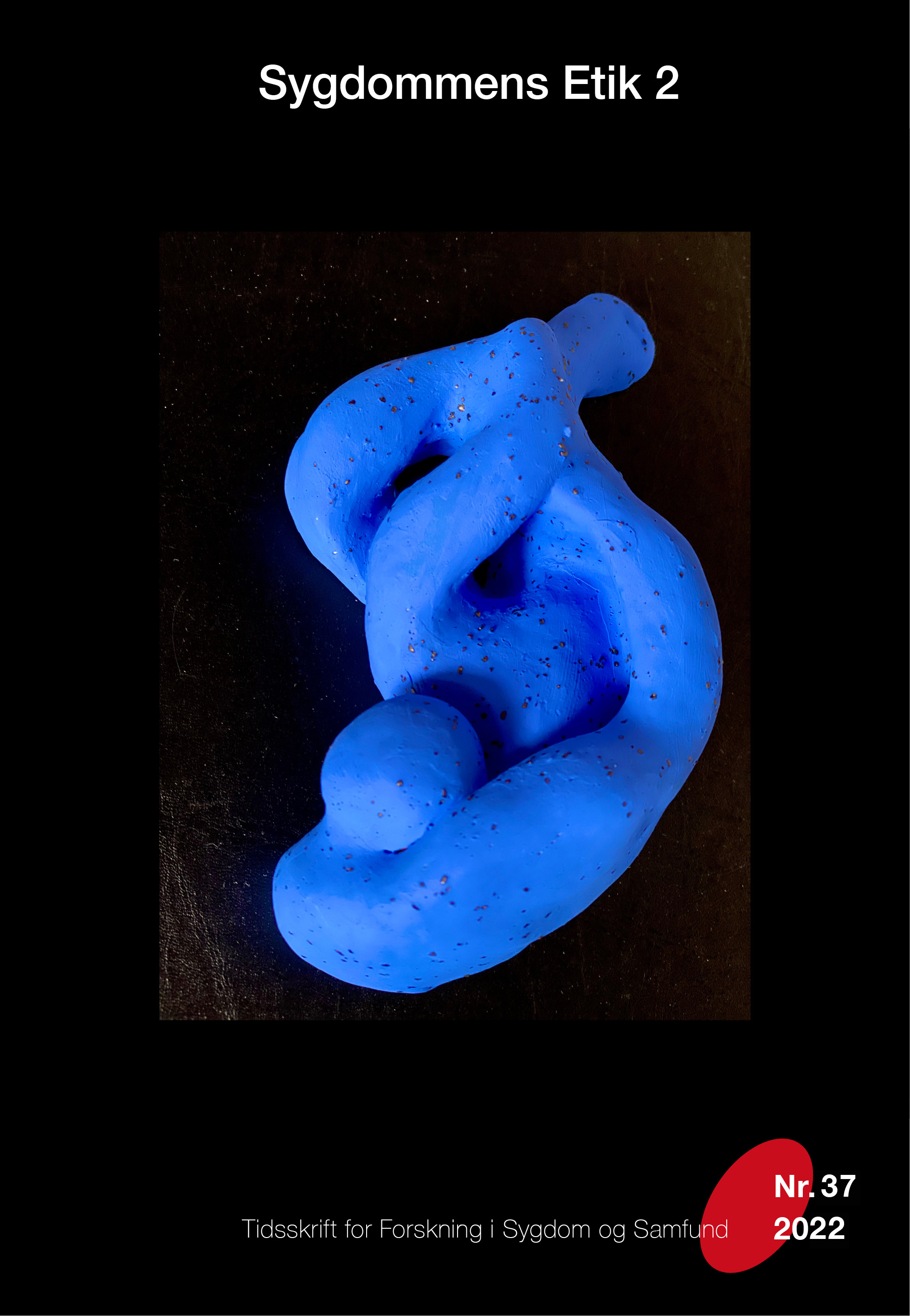Published 2022-12-23
How to Cite
Abstract
Taking medicines is a natural part of everyday life for many people. Despite this, most ethical theories on medicines are about research and clinical use and do not include aspects of everyday life. In this article we sketch a new starting point for an ethical theory about medicines; an everyday ethics for medicines use. In the everyday, medicines use does not adhere to standardized practices or guidelines. Rather, what seems ethical about medicines use emerges in subtle everyday practices and the imaginaries we have about what medici- nes are and how they add to our daily lives. With empirical examples from ethnographic field studies about medicines use in everyday life we focus on the pharmaceutical health work that it requires to (re)establish the good everyday life with medicines, and in particular the ethical tensions that emerge in this work. To guide the empirical analysis, we take on Annemarie Mol’s notion of ontonorms to observe and describe the fundamental differen- ces that condition our experience and practices with medicines. From this post-humanist vantage point medicines are not merely material artefacts. Rather, they actively shape and transform the relations that we rely on when caring about others and ourselves. Thus, it becomes clear that taking medicines is also an ethical practice, and as an embedded ethics, it shapes the ways in which we care for others and ourselves in everyday life.

